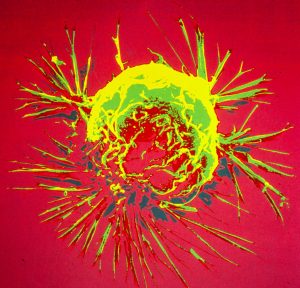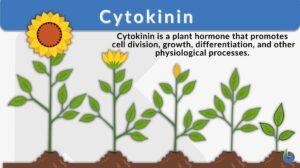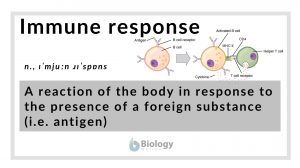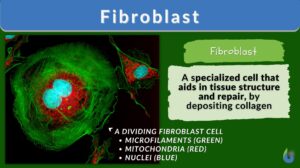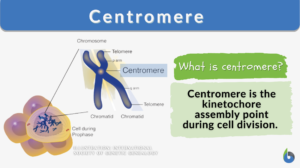Search Results for: proliferation
Proliferation
proliferation (Science: cell biology) The reproduction or multiplication of similar forms, especially of cells and morbid... Read More
Humoral immunity
Let’s get to know where one should place humoral immunity, the topic of today’s discussion!! By the end of the article,... Read More
RASER proteins selectively “hack” and “shut down” cancer cells
According to World Health Organization, cancer is the second leading cause of death worldwide. The record showed that it... Read More
Smooth endoplasmic reticulum
Smooth Endoplasmic Reticulum Definition Smooth endoplasmic reticulum (sER) is part of or a region in the endoplasmic... Read More
Cell differentiation
Cells are often described as the building blocks of life as they are the smallest unit used to build up organisms. Cells can... Read More
Autocrine signaling
Autocrine Signaling Definition What is autocrine signaling? Autocrine signaling is a type of cell signaling wherein a cell... Read More
Colony-forming unit
Colony Forming Unit Definition A Colony Forming Unit (CFU) in microbiology and cellular biology refers to a measure of... Read More
Bone matrix
Bone Matrix Definition Bone matrix refers to the matrix component of bone tissue. It provides the structural framework and... Read More
Integumentary system
Integumentary System Definition The integumentary system is the outermost layer of the body. The animal body, in... Read More
Cell division
Cell division is a biological process by which a parent cell duplicates its cell contents and divides to give rise to two or... Read More
Cell theory
What Is Cell Theory? Biological cell theory explains the idea of organismal constitution, structure, and function. It... Read More
Centrosome
Centrosome Definition What is a centrosome? The centrosome is considered to be the main microtubule-organizing... Read More
Regeneration in humans – Finding the gene switch
Regeneration in humans is much more limited compared in other animals. Say for instance when one lost a limb, much as well... Read More
Hematopoiesis
Definition noun, plural: hematopoieses A biological process in which new blood cells are formed, and is usually taking place... Read More
Dumdum fever
Dumdum fever --> visceral leishmaniasis a chronic disease, occurring in india, Assam, china, the area formerly known as... Read More
Human Reproduction
Terminology and Concepts Primary reproductive organs are called gonads - testes in the male and ovaries in the female.... Read More
Homeostatic Mechanisms and Cellular Communication
Homeostasis is the relatively stable conditions of the internal environment that result from compensatory regulatory... Read More
Myogenesis
Definition noun (embryology) The formation of muscle tissues through the differentiation of progenitor cells myoblasts... Read More
Lymphoid organ
Definition noun, plural: lymphoid organs The organ of the lymphatic system, and carries out various immune... Read More
Tight junction
What are tight junctions? Tight junctions are the intercellular barrier between two neighboring endothelial and epithelial... Read More
Progestogen
Definition noun, plural: progestogens A steroid hormone that is activated by the binding to the progesterone receptor, and... Read More
Progesterone
Definition noun, plural: progesterones A progestogen hormone, with a chemical formula of C21H30O2, naturally produced in... Read More
Interferon
Interferon (Science: cytokine) a family of glycoproteins derived from human cells which normally has a role in fighting... Read More
Transactivation
Definition noun, plural: transactivations (molecular biology, genetics) The stimulation of transcription by expressing an... Read More
Immune response
Immune Response Definition An immune response is defined as the reaction of the body in response to the presence of a... Read More
Cell adhesion
Cell Adhesion Definition Cell adhesion is the process in which a cell uses a specialized complex of proteins to get... Read More
Fibroblast
The building block of living things is known as the cell. The cell contributes to many parts and functions of different... Read More
Centromere
Centromere Definition Centromere is defined as the point of attachment for the sister chromatids generated after DNA... Read More


